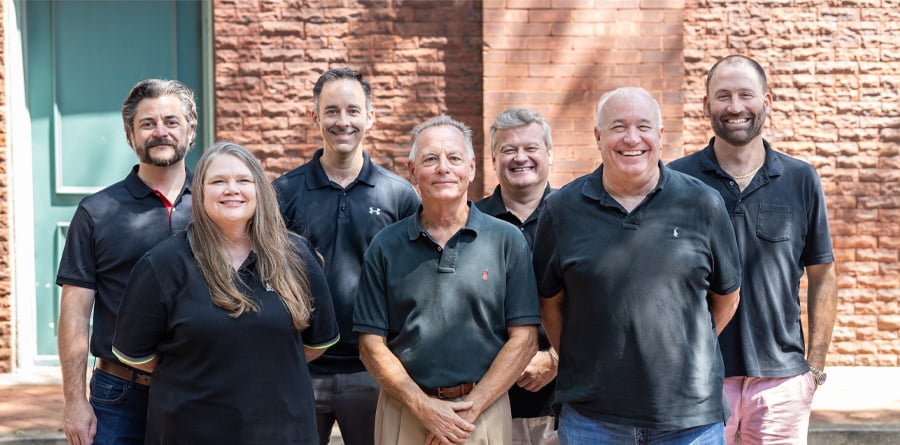Kentucky residents who watch courtroom dramas have likely seen an actor playing an attorney demand that evidence is admitted because the opposing counsel “opened the door.” Attorneys make this argument in real life when their courtroom adversaries introduce evidence that would mislead the jury. An example of “opening the door” would be a defendant with a long criminal history claiming, unprompted, on the witness stand that they had never been in trouble with the law. Prior bad acts are not usually admissible in a criminal trial, but an exception could be made in this situation because the defendant “opened the door.”
Supreme Court to hear arguments
The U.S. Supreme Court announced on April 19 that it would hear arguments in a case involving the theory. The case involves a man accused of shooting and killing a child with a 9 mm handgun during an argument in New York City. Prosecutors originally charged another individual with the crime, but that case ended in a mistrial. The man subsequently admitted to being present at the time of the killing and pleaded guilty to illegally possessing a .357 revolver. However, a 9 mm cartridge was found during a search of his residence. During the second trial, the defendant said the man originally charged with the crime was guilty, and his attorney used the 9 mm cartridge to support the claim.
Appeal denied
The prosecutor admitted the first defendant’s allocation to explain the 9 mm cartridge. The man was found guilty, and his defense attorney filed an appeal based on the Sixth Amendment’s confrontation clause because the first defendant did not appear in court to be confronted. The judges who denied the appeal followed a New York Court of Appeals ruling that allows evidence usually barred by the confrontation clause to be admitted when the defense misleads the jury and “opens the door.”
The confrontation clause
When presented with a set of facts like this, experienced criminal defense attorneys may be reluctant to base their arguments on misleading evidence that could “open the door.” Attorneys could also argue that the confrontation clause should be followed when witnesses can appear in court to explain their actions or statements.



